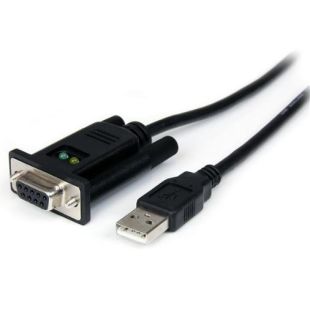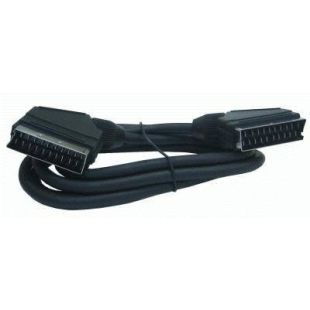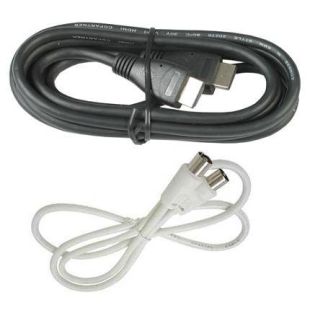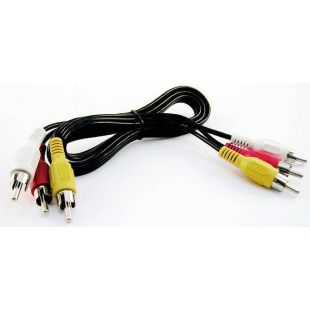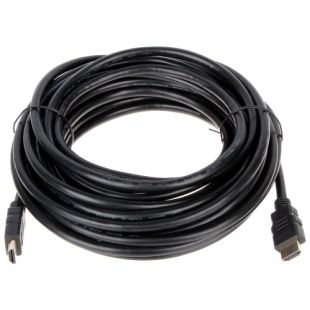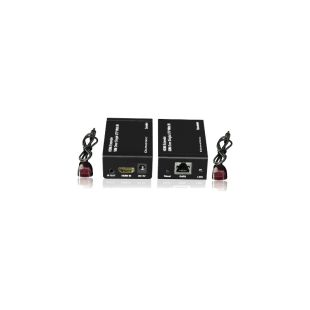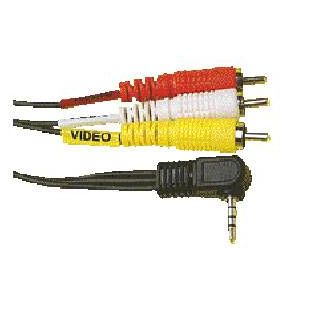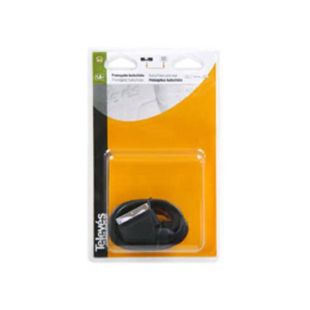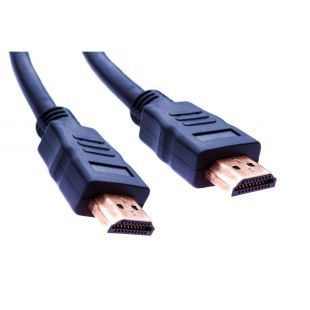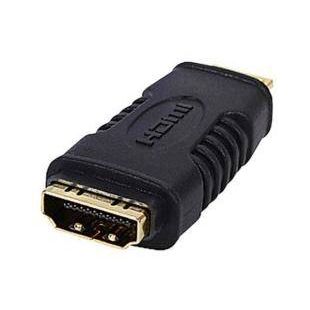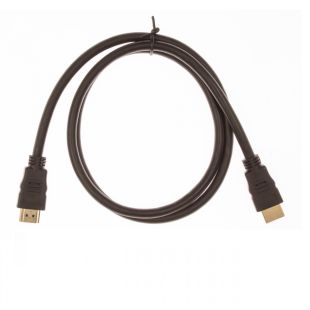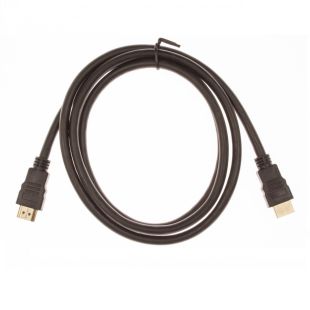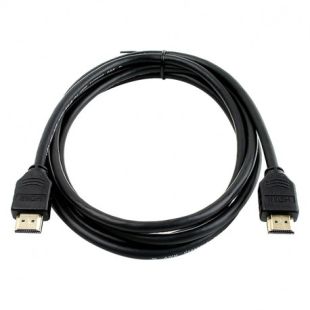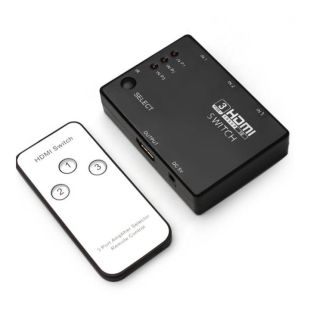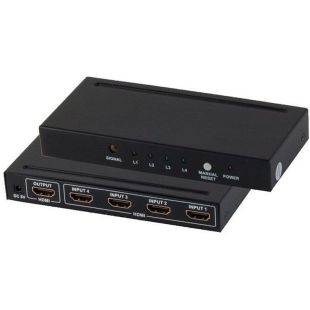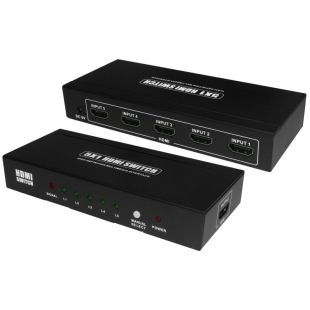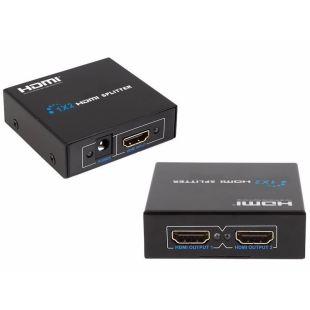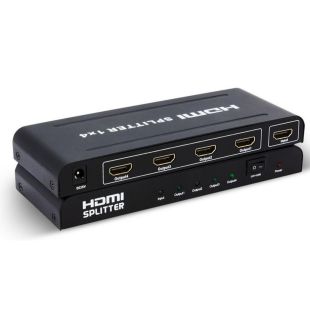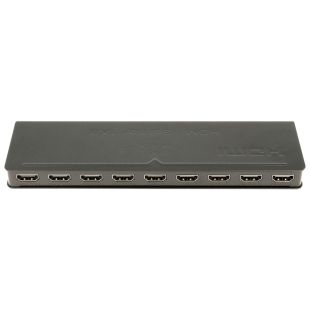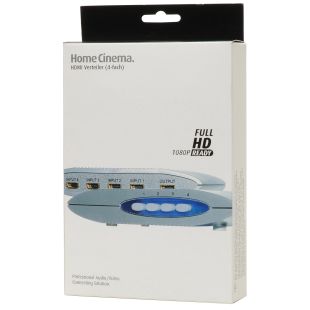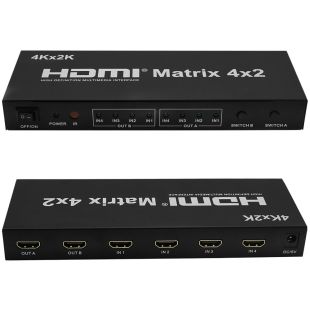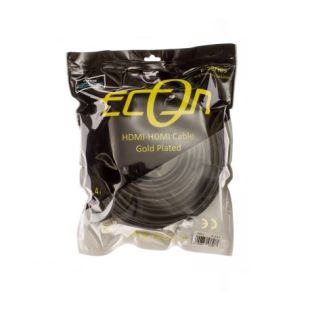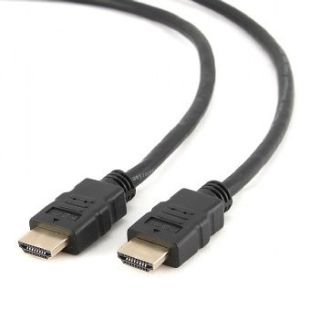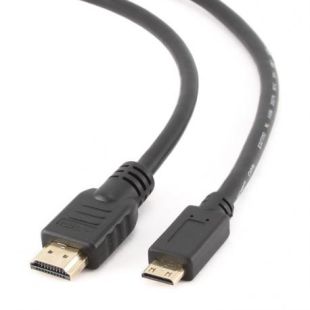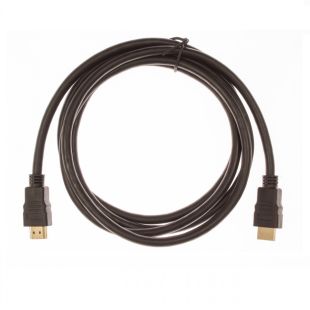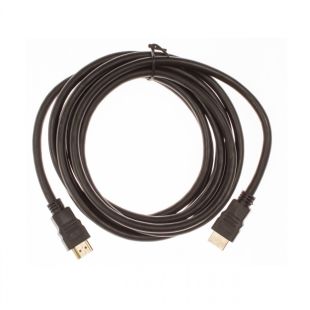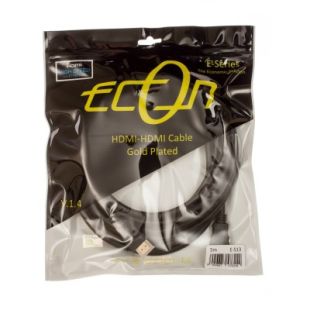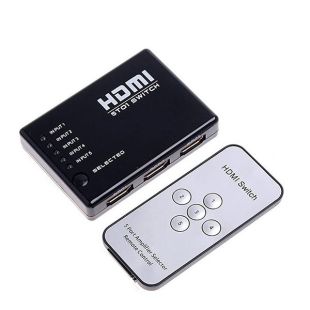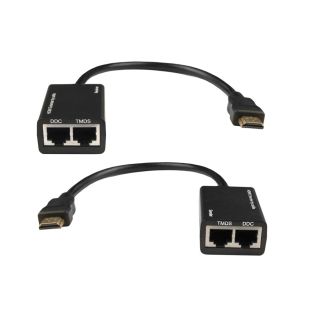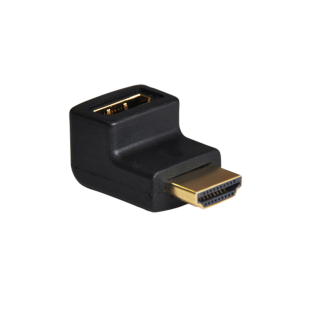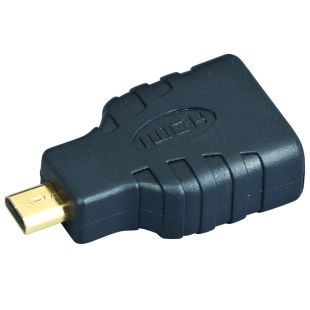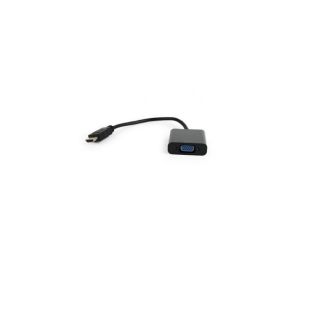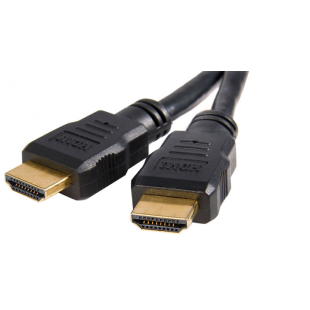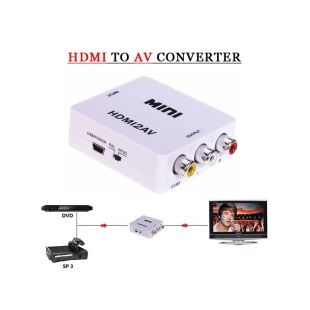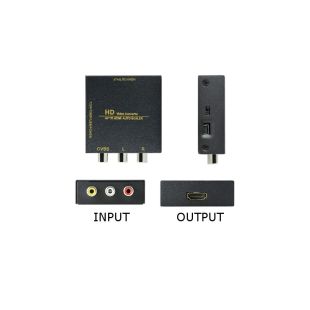Great store. Will be my favorite in the future. Sent quickly. All items are brand new sealed. And the prices are very nice. Separately, I want to thank Álex Guerra, who controlled my order from start to finish. In general, you are great!!
Thank you for the service. Absolutely top
Great comms. Very helpful and reliable all along
Order placed packaged well, dispatch and delivered promptly Would use again. Thank you
42/5000 the best team, both human and technical
-
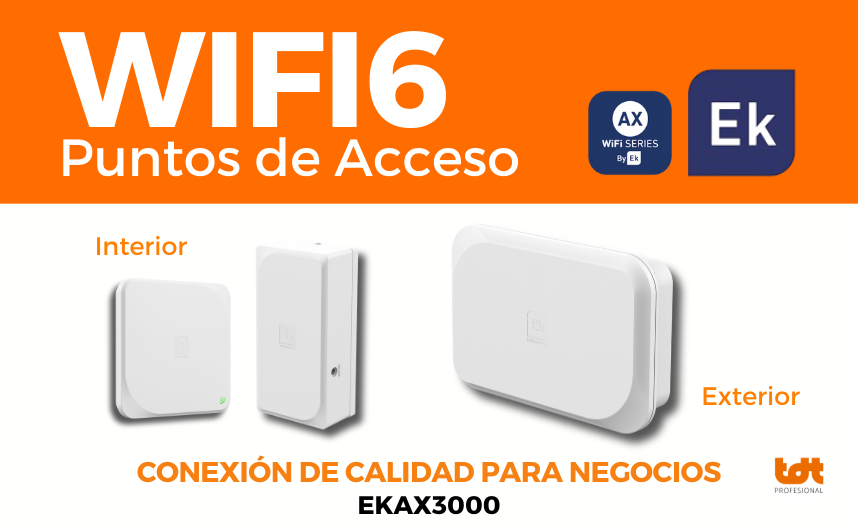 Puntos de Acceso – La mejor elección
Puntos de Acceso – La mejor elecciónCaracterísticas clave de los puntos de acceso para una experiencia de red excepcional. ¿Cómo elegir el mejor modelo según tus necesidades? ¡Optimiza tus red Wifi!
-
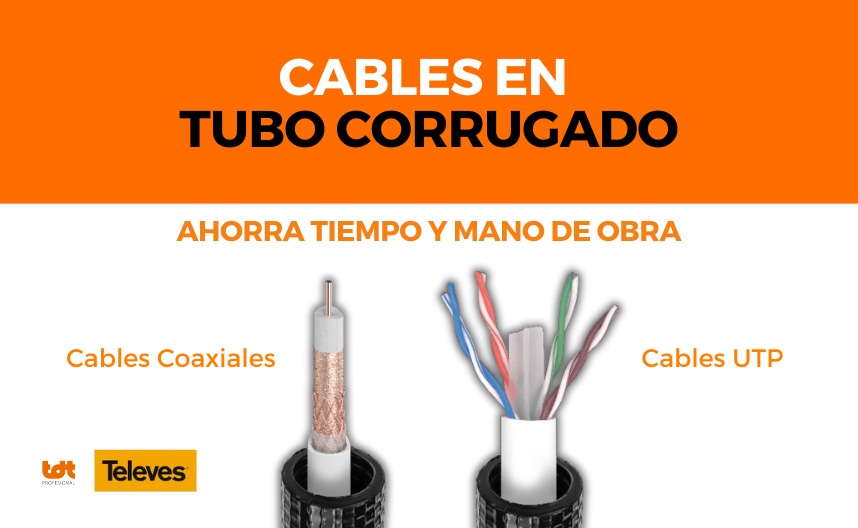 Por qué usar tubos corrugados en tus instalaciones
Por qué usar tubos corrugados en tus instalaciones¿Por qué usar tubos corrugados? Si los cables ya vienen preinstalados dentro de un tubo corrugado conseguimos un ahorro de tiempo y de mano de obra. Te contamos todos sus beneficios.
-
 Qué Tipo de Armario Rack Necesito
Qué Tipo de Armario Rack NecesitoPara escoger un armario rack adecuado a nuestras necesidades tenemos que conocer los tipos de racks que existen y cuales son las condiciones que necesitamos que cumplan. […]
-
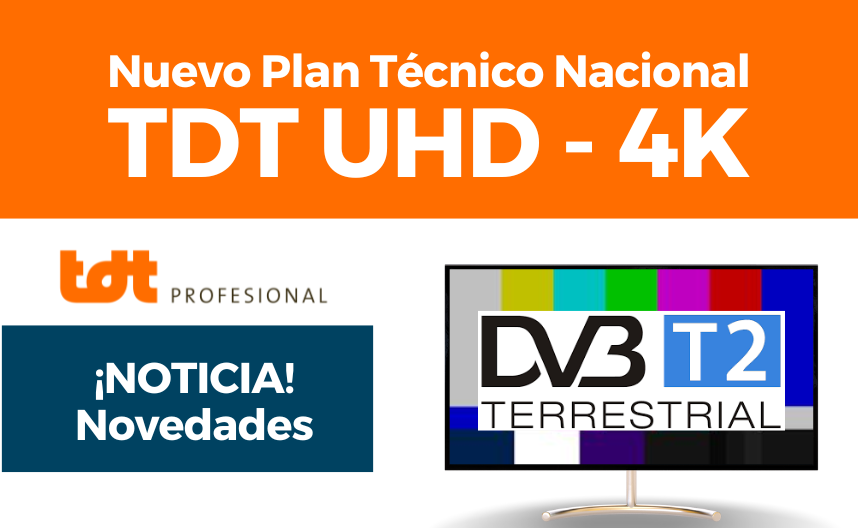 Nuevo Plan Técnico TDT
Nuevo Plan Técnico TDTNuevo Plan Técnico TDT Nacional 2025 que transformará la televisión en España.
Se impulsa la DVB-T2, codificación HEVC y UHD 4K. Asegúrate de estar preparado y elige receptores actualizados. -
 Comprar Material Telecomunicaciones
Comprar Material TelecomunicacionesComprar material de Telecomunicaciones – Encuentra marcas como Fermax, Televes, Hikvision o Ajax de manera sencilla
-
 Renueva Medidor de Campo con la promoción X-Change
Renueva Medidor de Campo con la promoción X-ChangeRelanzamiento de la promoción X-Change de Televes, medidores H30Crystal y Mosaiq6. Posibilidad de obtener descuentos entregando un antiguo medidor.
-
 Cargador Coche Eléctrico
Cargador Coche EléctricoCargadores coche eléctrico Raedian: fáciles de instalar y controlar con la app. Disfruta de carga sin complicaciones, conectividad 4G y funciones avanzadas. ¡Optimiza tu punto de carga!
-
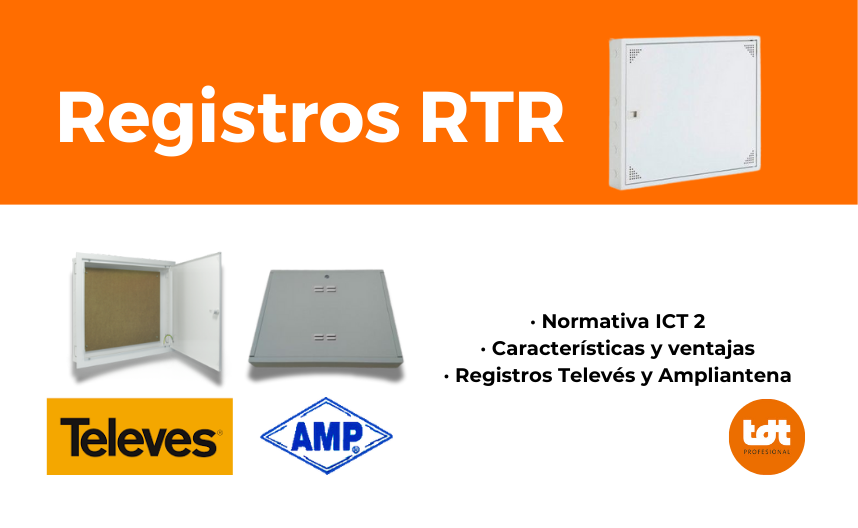 Registros de Terminación de Red (RTR)
Registros de Terminación de Red (RTR)Como instalador de telecomunicaciones, es imprescindible conocer en detalle los productos que componen cada red de las instalaciones ICT. En el blog de hoy vamos […]
Audio and Video Cables and Connectors
In this section we have grouped the three main types of video cable:
HDMI cable: currently the most common of all, due to its greater simplicity and better features than the rest. It serves to transmit audio and video in high definition, and even offers the possibility of also acting as an Ethernet network cable. We have two versions of HDMI, 1.4 and 2.0. Version 1.4 supports 4K, although only at 24Hz, supports 3D video and introduced a new connector, type D or micro HDMI. Version 2.0 is the most widespread today and supports 4K at 60Hz, up to four audio streams and dynamic HDR support, in addition to the functions of 1.4.
SCART cable: previously very popular connector, when the equipment only supported standard SD resolutions. It is a 21-pin connector, which transmits audio and video. It was designed in France in 1978 and was mandatory since 1981 on all television equipment marketed in France.
RCA or A/V cable: Also called Cinch and CVBS. It is still very common in the audiovisual market. Older than the SCART (1940). The RCA has a separate cable for each audio or video signal, which is why it has 3 cables: composite video (yellow) and stereophonic sound (white and red). These colors help to identify them, facilitating the correct connection in the equipment. This cable is used to carry digital audio, RGB component video, and analog video signals.



